Current Projects
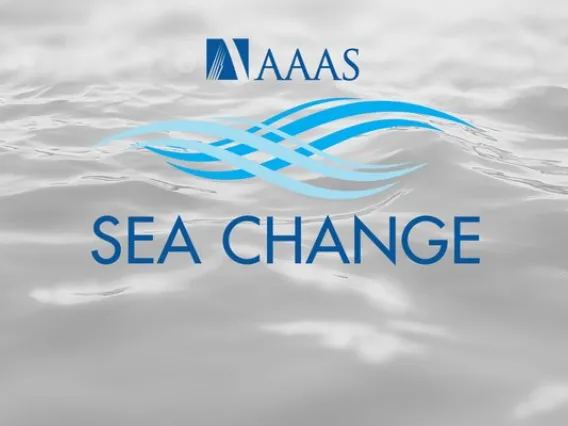
The University of Arizona has joined the AAAS Sea Change program as an institutional member, with the Office of Societal Impact as the Liaison. SEA Change is an initiative from the American Association for the Advancement of Science (AAAS) that seeks to empower institutions to identify and address challenges that will enhance student and faculty retention, and foster resilience aligned with each institution's unique mission and goals. By joining SEA Change, colleges and universities access a community of peers, tailored self-assessment frameworks, and practical tools to support continuous improvement.
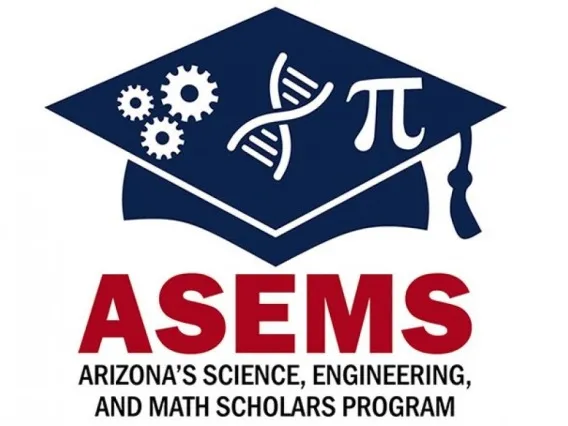
This UA program provides services to support students in graduating with a STEM major. This program focuses on promising STEM students, especially students who are first in their family to attend college, from low-income households, or who transferred from a community college.
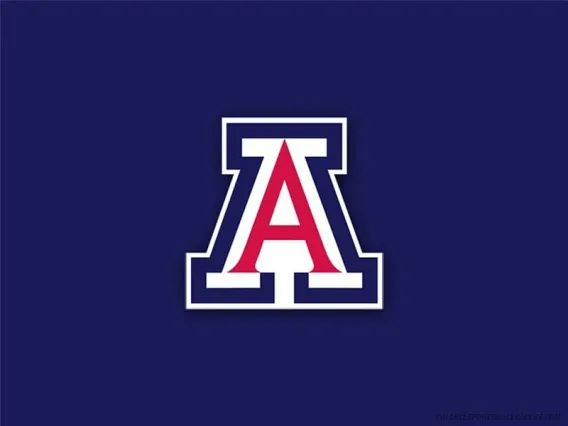
CREAR STEM Learning Communities are Science, Technology, Engineering, and Math (STEM) groups that are organized by societal impact areas where you can explore solutions to challenges in your communities. This small community of students is enrolled as a group in 2-3 classes together during their first semester at the University of Arizona.

Integration of the Arts & Sciences across RII Centers & Institutes
2022-2023
PI: Jennifer Fields

The Native American Code Writers Collaborative supports Arizona K-12 classroom teachers, informal and out-of-school-time educators, 2-year community and tribal college faculty, and education stakeholders to bring computer science, coding, and technology learning experiences to Native American students.
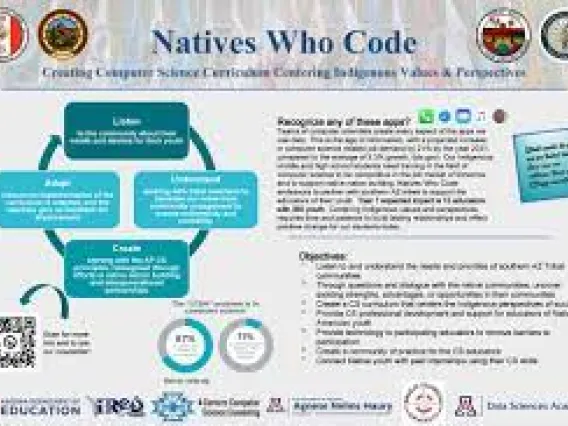
Natives Who Code endeavors to co-create an Indigenized computer science curriculum, with Southern Arizona tribal nations. Starting with listening circles, we aim to help facilitate a vision of success for today's youth, from the tribal communities perspective. Using this foundation, we aim to support educators who teach computer science or coding to Native youth in Southern Arizona with a week long professional development training in culturally sustaining computer science pedagogy. During this grant cycle, we will work with 10 educators and with a projected impact of 300 native youth.

Partnership for Research Inspiration in STEM Mentorship
PRISM is a mentorship program that matches two students and one mentor to engage in scientific research that addresses a scientific question or engineering problem. PRISM prioritizes participation of students from Title I schools and rural schools.

Science City engages learners of all ages through hands-on activities and STEM outreach by the university, local and national participants at the Tucson Festival of Books.
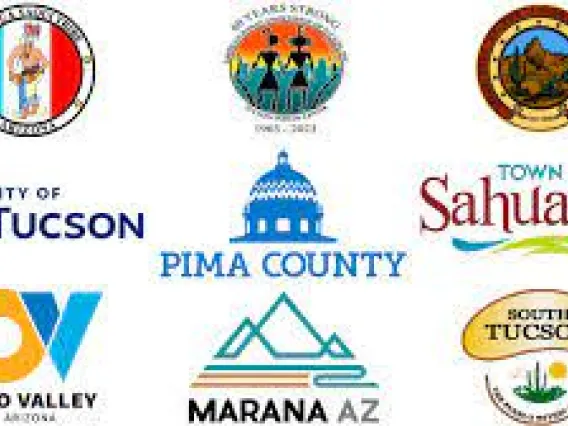
The Prosperity Initiative is an intergovernmental effort to develop wealthier communities across Pima County through policies that reduce generational poverty and improve opportunity. It is led by Pima County and the City of Tucson, along with Marana, Oro Valley, Sahuarita, South Tucson, and the Tucson Indian Center.

TIMESTEP offers educational and professional development opportunities for undergraduate students in the physical sciences at the University of Arizona. We seek to make STEM disciplines more accessible by creating greater access to information, mentoring, and resources for student success.
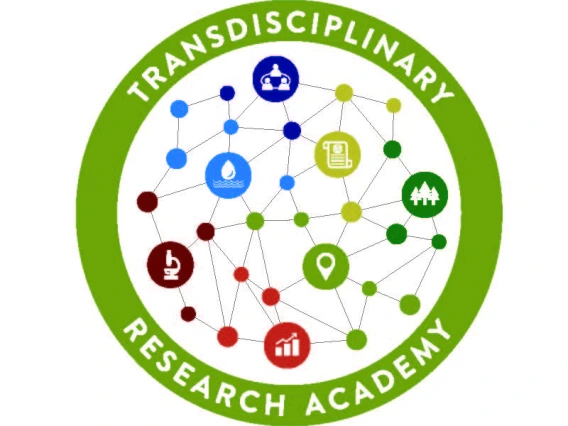
The Transdisciplinary Research Academy is a professional learning program that introduces key skills for successful transdisciplinary research in the climate and environmental sciences.
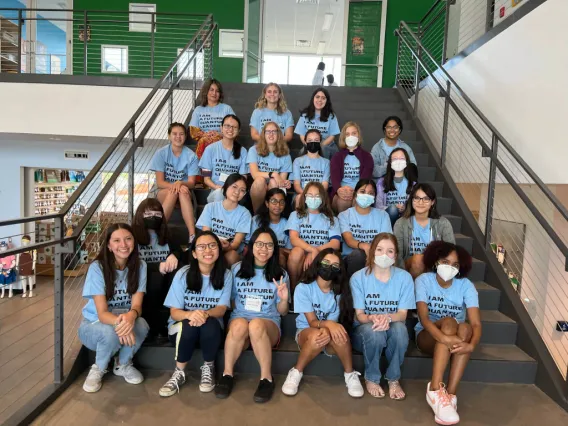
During Quantum Quest, participants will explore the fascinating world of quantum computing with hands-on activities on the beautiful Central Arizona College campus. These topics will cover everything from the foundational concepts that make up the quantum world–entanglement and qubits–to learning how to code on real quantum computers. The Quantum Quest program is intended for women and girls to explore quantum computing; however all are welcome to register and attend.
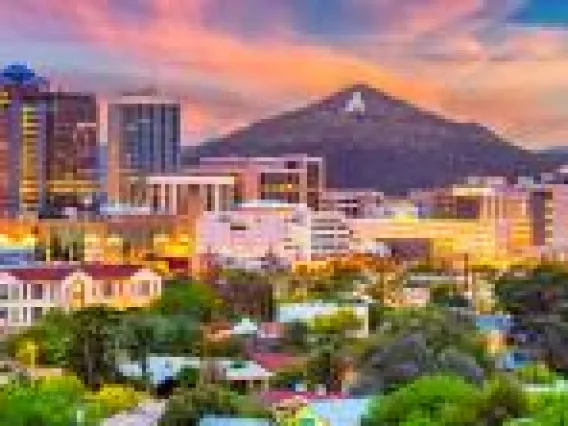
The Research Impacts Project, funded by the Provost’s Investment Fund, aims to helps UArizona researchers, administrators, and leaders collect, document, and communicate the societal impacts of their research to community partners, funders, and others interested in the work we do.
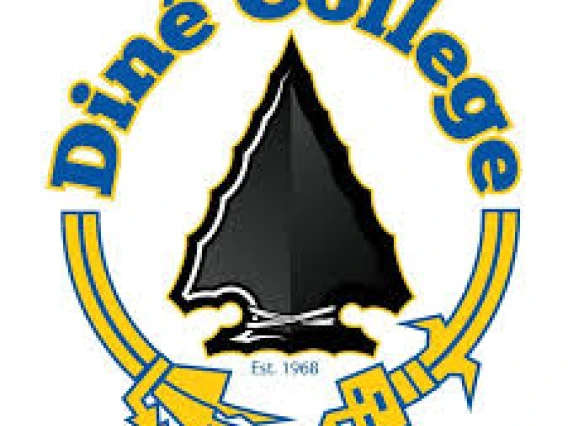
The Office of Societal Impact and the STEM Learning Center aim to develop and nurture an authentic, lasting partnership to create opportunities for Native undergraduate students at Diné College to matriculate into post-secondary education in Science, Technology, Engineering, Agriculture, and Mathematics (STEAM) majors and to increase the academic persistence and the graduation of Native students into graduate school and/or a high demand technical workforce. Through two USDA-NIFA New Beginnings for Tribal Students awards, "Bridge to STEAM" and "Come Back Home Summer Immersion Experience," the partnership has supported over 30 tribal students in developing research skills and a sense of belonging in STEAM.

